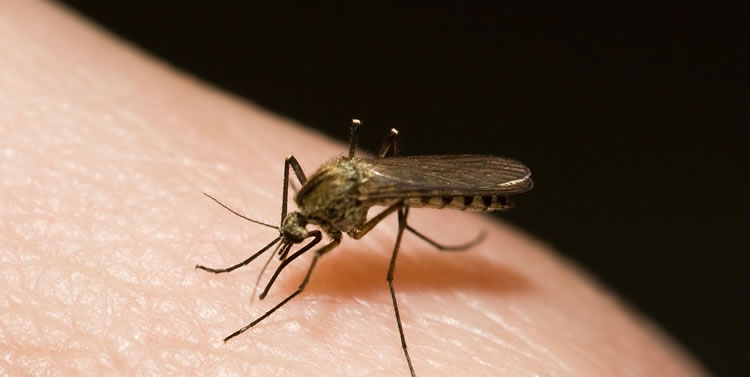National Institutes of Health Award to UCR’s Naoki Yamanaka Recognizes Highly Innovative Research
Riverside, Calif. — A UC Riverside scientist has been awarded $2.3 million from the National Institutes of Health (NIH)’s ‘High-Risk, High-Reward’ program to study the role of steroid hormone transporters in insect development and reproduction. Naoki Yamanaka, an assistant professor of entomology, will translate that knowledge into new ways to combat the spread of mosquitoes, which are among the deadliest animals on the planet.
“This award recognizes the critical importance of Dr. Yamanaka’s research in fighting one of the world’s most lethal disease carriers,” said Kathryn Uhrich, dean of UCR’s College of Natural and Agricultural Sciences.
Steroid hormones mediate many biological processes, including growth and development in insects, and sexual maturation, immunity and cancer progression in humans. After they are produced by glands of the endocrine system, steroid hormones must enter cells to exert their biological effects. For decades, the assumption has been that these hormones enter cells by simple diffusion, but preliminary work in Yamanaka’s lab suggests a defined passageway controlled by proteins called membrane transporters.
“The overall goal of this project is to challenge the conventional paradigm in endocrinology that steroid hormones freely travel across cell membranes by simple diffusion,” Yamanaka said. “We will also screen chemicals that inhibit steroid hormone entry into cells, with the goal of developing new pest control reagents.”
Yamanaka’s project is one of 89 High-Risk, High-Reward awards given by NIH this year to “extraordinarily creative scientists proposing highly innovative research to address major challenges in biomedical research.”
About UC Riverside
The University of California, Riverside is a doctoral research university, a living laboratory for groundbreaking exploration of issues critical to Inland Southern California, the state and communities around the world. Reflecting California’s diverse culture, UCR’s enrollment is now nearly 23,000 students. The campus opened a medical school in 2013 and has reached the heart of the Coachella Valley by way of the UCR Palm Desert Center. The campus has an annual statewide economic impact of more than $1 billion. To learn more, call (951) UCR-NEWS.

